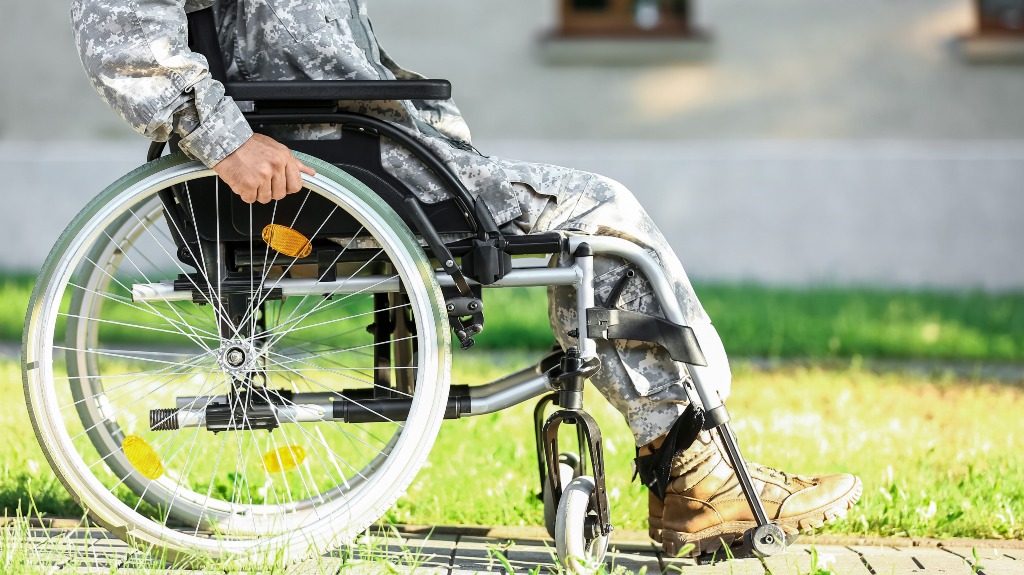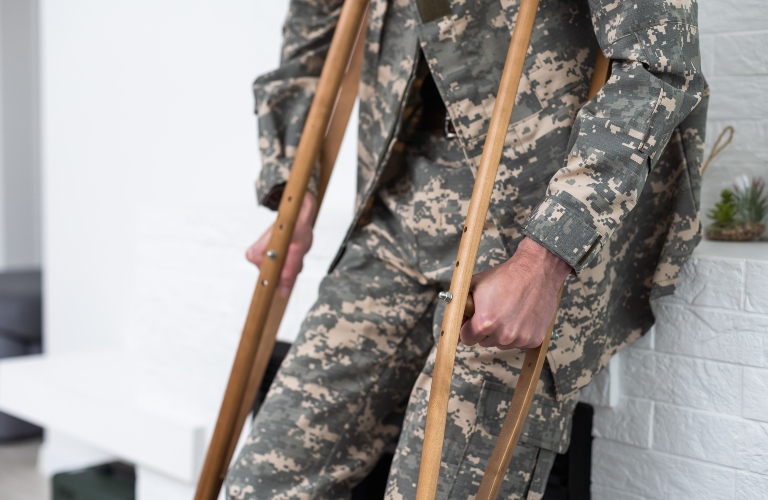
Common Mistakes to Avoid When Filing a VA Disability Claim
Veterans with service-connected disabilities may qualify for financial benefits from the Department of Veterans Affairs. However, the VA imposes strict eligibility requirements for disability benefits. As a result, veterans can make mistakes that may jeopardize their right to benefits. Some of the most frequent mistakes that you should avoid when filing a VA disability claim include:
Not Submitting Sufficient Medical Evidence
Veterans must prove to the VA that they have a medical condition that adversely affects their bodily or cognitive function. Veterans may jeopardize their VA disability claims by not providing sufficient persuasive evidence to convince the VA they have a genuine medical condition with a disabling effect. For example, veterans may provide sparse or outdated medical records that prevent the VA from assessing the veteran’s current condition.
Failing to Establish a Service Connection
A veteran must establish a service connection for their disabling medical condition to qualify for VA disability benefits. Without a service connection, the VA will deny a veteran’s disability benefits claim. Although the VA presumes that some conditions have a service connection, including chronic illnesses that manifest within one year of discharge, diseases caused by exposure to toxic chemicals or hazardous substances, or illnesses caused by time spent as a prisoner of war, many veterans must prove that their injury or illness occurred due to their military service. Proving a service connection will require evidence such as service records and “buddy” statements from former commanders or fellow unit members.
Missing Deadlines or Filing Errors
After filing a VA disability claim, the agency will impose strict deadlines and requirements, especially when claims reviews request additional documents or information from a veteran. Missing deadlines or failing to provide timely responses to requests for supplemental information may lead the VA to deny a disability claim. The VA may also deny claims when veterans use the incorrect forms or submit incomplete application paperwork.

Overlooking Secondary Conditions
Veterans may leave extra disability benefits on the table by overlooking secondary conditions. A secondary condition refers to a medical condition caused or aggravated by a primary service-connected injury or illness. Failing to include secondary conditions in a VA disability claim will result in a veteran receiving a lower disability rating than they should, which will lead to lower monthly payments.
Failing to Attend Compensation & Pension Exams
In some cases, the VA may ask a veteran to attend a compensation & pension (C&P) exam conducted by a VA medical examiner. A C&P exam may involve the examiner asking the veteran questions about their condition; alternatively, the examiner may conduct a physical examination or perform diagnostic tests. The examiner will also review the veteran’s medical records. The VA uses C&P exams to better understand a veteran’s medical condition. However, when a veteran fails to attend a scheduled exam and does not reschedule, the VA may use the veteran’s non-attendance as grounds to deny their disability claim.
Giving Up After a Claim Denial
Finally, perhaps the biggest mistake a veteran can make when filing a VA disability claim involves giving up the claim after an initial denial. The VA offers an administrative appeals process that allows veterans to challenge an initial denial of their claim or the disability rating the VA assigned to their condition. Many veterans ultimately obtain the disability benefits they need and deserve by persevering through a VA appeal. A VA disability lawyer can help a veteran understand their appellate rights and assist them with supporting their VA disability claim to secure the benefits they deserve on appeal.
Contact a VA Disability Lawyer Today
When you develop a disabling medical condition due to an injury or illness caused by your military service, you deserve to seek VA disability benefits to provide you with compensation or financial relief. Contact Veteran Benefits Law Group today for a free, no-obligation consultation with a VA disability attorney to get the legal guidance you need to avoid mistakes that could delay or jeopardize your right to VA disability benefits.
Share This Story
Interested in this topic? Your friends might be too! Consider sharing this story to your social media channels and look like a smart, sophisticated resource of information.

